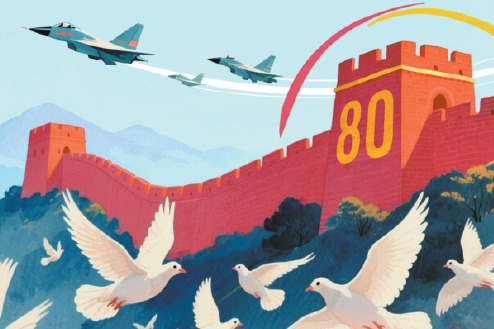Global commemorations on September 3 marked the 80th anniversary of the victory in the Chinese People’s War of Resistance Against Japanese Aggression (1931-45) and the World Anti-Fascist War. This date, recognized as Victory Day in China, signifies the end of a 14-year struggle against Japanese aggression and broader fascist imperialism. The war, which began intensely in 1937, resulted in over 35 million Chinese military and civilian casualties and fostered a united front between the Kuomintang and the Communist Party of China.
The victory was not solely China’s but also part of a collaborative effort involving Allied forces, including contributions from Korean anti-fascist activists. The shared sacrifices forged a bond between the peoples of China and Korea. However, today, East Asia faces tensions over historical interpretations and territorial disputes, alongside issues like US containment of China. Economically interconnected, these nations must confront their past and work towards peaceful development.
The article calls for a spirit of resistance against imperialism, emphasizing the importance of cooperation, particularly among younger generations. It suggests that the lessons learned from the shared anti-fascist struggle can inform contemporary transnational challenges like climate change and pandemics. The expectation for today’s youth is to lead through international cooperation rather than conflict. Ultimately, the 80th anniversary should inspire East Asia to strive for a peaceful community.



